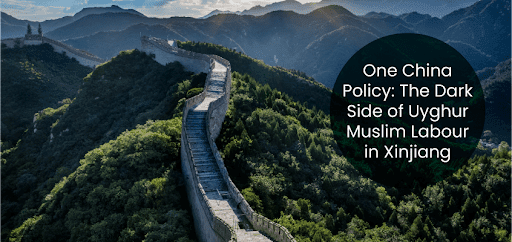Introduction
The Government of China has detained over a million Muslims in its re-education camps, and most of the individuals arrested arbitrarily are Uyghur Muslims. It is a predominantly Turkic-speaking group from Xinjiang, the north-western part of China.
U.N. officials, foreign governments, and human rights organisations have requested China stop the mental health torture and abuses that the U.S. describes as genocide. Nevertheless, Chinese officials put forward that these are not detention camps but vocational training centres that do not infringe the human rights of the Uyghurs. They refrain from sharing information about these detection centres and prevent foreign investigators and journalists from identifying and examining them.
Our Wellness Programs
What is one china policy, The Uyghur Muslim and forced Labour
One china policy
The people’s Republic of China (P.R.C.) is the only Chinese government. It is the diplomatic acknowledgement. This policy says that there is only one leader under the name of China. P.R.C. serves as China’s sole legal government, and Taiwan is a part of China. It is one china policy.
One china policy, The Uyghur Muslim and forced Labour
Approximately 12 million Uyghurs, mainly Muslims, reside in China’s Xinjiang region. This region is officially called X.U.A.R. or the Xinjiang Uyghur Autonomous Region.
The Uyghur Muslim labour is forced labour in China, quite the same as the Turkish, ethnically and culturally close to the Central Asian countries. The Uyghurs make up around half of the population of Xinjiang.
In the last ten years, there has been massive immigration of China’s ethnic majority, Han Chinese, into Xinjiang. It is a significant step by the state allegedly orchestrated to dilute the Uyghurs population in Xinjiang. This step comes with accusations against China targeting the Muslim religious statues in Xinjiang and banning all spiritual practices while destroying the tombs and mosques. The Uyghur activists say they fear their group’s culture is under significant threat in Xinjiang.
Looking for services related to this subject? Get in touch with these experts today!!
Experts

Banani Das Dhar

India
Wellness Expert
Experience: 7 years

Devika Gupta

India
Wellness Expert
Experience: 4 years
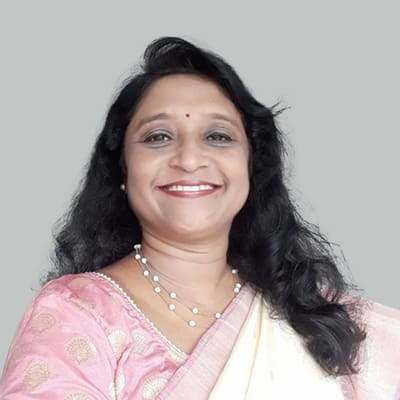
Trupti Rakesh valotia

India
Wellness Expert
Experience: 3 years
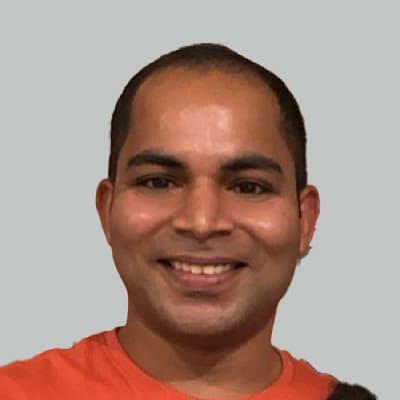
Sarvjeet Kumar Yadav

India
Wellness Expert
Experience: 15 years

Shubham Baliyan

India
Wellness Expert
Experience: 2 years
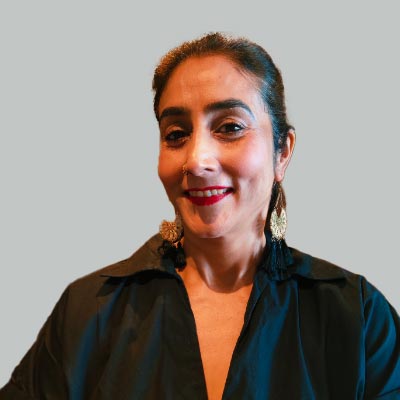
Neeru Dahiya

India
Wellness Expert
Experience: 12 years
What is China’s Problem with Uyghur Muslim forced Labour?
Xinjiang, the place accommodating more than 11 million Uyghurs and various other Muslim minorities, is an autonomous area in the north-western part of China, with Mongolia, Kazakhstan, and Kyrgyzstan making its borders.
Uyghurs, an Asian Turkic group, speak their language in China, similar to Uzbek. Activists seek freedom from China’s name and this region as East Turkestan. Once located along the trading route of the Silk Road, Xinjiang has much oil and resources. And as it continued to develop, more Han Chinese, a group encouraged by the Government of China, came here.
The Chinese government believes that its clampdown on the Muslim minorities, especially the Uyghurs, attempts to eradicate the separatist and extremist groups from China. The Chinese government further says that Uyghur separatists have led to violence and attacks throughout China and have even joined ISIS to serve as foreign fighters. Nevertheless, no such evidence proves that the Uyghurs have any jihadist roots.
Xinjiang is also one of the most significant logistics spots for the most ambitious project by Beijing, called the Belt and Road initiative. It is a trillion-dollar infrastructure assignment based on the old Silk Road trading route. The project boasted China’s political and economic influence worldwide. Xinjiang’s increasing significance to the global aspirations of China is one of the significant reasons Beijing applied its control across the region. Xinjiang is crucial for China’s future improvement and the proper initialisation of the One China Policy. China has brought this as a reason to create the so-called vocational training centres for Uyghurs in Xinjiang.
What Happened to the Labour Laws of Uyghurs in Xinjiang?
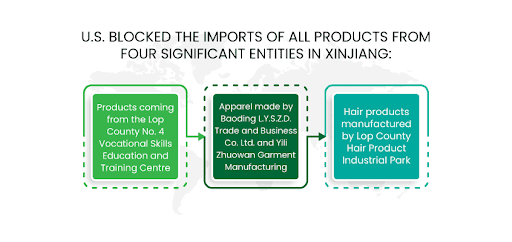
Since 1930, the United States has banned all goods using forced labour through the Smoot-Hawley Tariff Act. The present rules call for strict banning of goods with reasonable evidence of forced labour used in their creation.
On 14 September 2020, the Department of Homeland Security, U.S., blocked the imports of all products from four significant entities in Xinjiang:
- Products coming from the Lop County No. 4 Vocational Skills Education and Training Centre
- Apparel made by Baoding L.Y.S.Z.D. Trade and Business Co. Ltd. and Yili Zhuowan Garment Manufacturing Co. Ltd.
- Hair products manufactured by Lop County Hair Product Industrial Park
Cotton is manufactured and processed by Xinjiang Junggar Cotton and Linen Co. Ltd.
Citing concerns related to forced labour, the United States Customs and Border Protection’s Office of Trade came up with a Withhold Release Order on 2 December 2020. This order directed personnel at all the U.S. ports to detain the shipments containing cotton products from Xinjiang.
However, Uyghurs’ labour laws underwent a complete change through the Uyghur Forced Labour Prevention Act, making it the U.S. policy to assume that all the goods produced in Xinjiang are made using forced labour. It made it mandatory for the U.S. to accept goods from Xinjiang only when the Customs and Border Protection Department commissioner certified that the creation of goods did not use forced labour.
When Did the Uyghur Forced Labour Prevention Act Come into Effect?
However, the Uyghur Forced Labour Prevention Act came into effect on 23 December 2021. So president Biden signed into law HR 6256 and initiated the Uyghur Forced Labour Prevention Act or U.F.L.P. According to the Act, companies importing goods to the United States use forced labour of the Uyghurs and the other groups and individuals in the Xinjiang Uyghur Autonomous Region of China.
The U.F.L.P. requires most companies to determine their supply chain connections to X.U.A.R. first. Then, if said links do exist, they must seek to reassure the regulators that forced labour barely affects these.
Conclusion
Most countries worldwide have condemned China’s detainment of the Uyghurs and other minorities in Xinjiang. Also, U.N. officials are continuously demanding access to these detention centres. So they know more about the plight of the Uyghurs and their mental health issues. Besides that, they can also contact United We Care, an excellent online platform for mental health therapy and wellness. Here, everyone can get mental and emotional support from the professionals in their abode. All the expert therapists here will listen to your problems and guide you thoroughly to eliminate your stress or other mental health issues as soon as possible.
https://en.wikipedia.org/wiki/One_China

